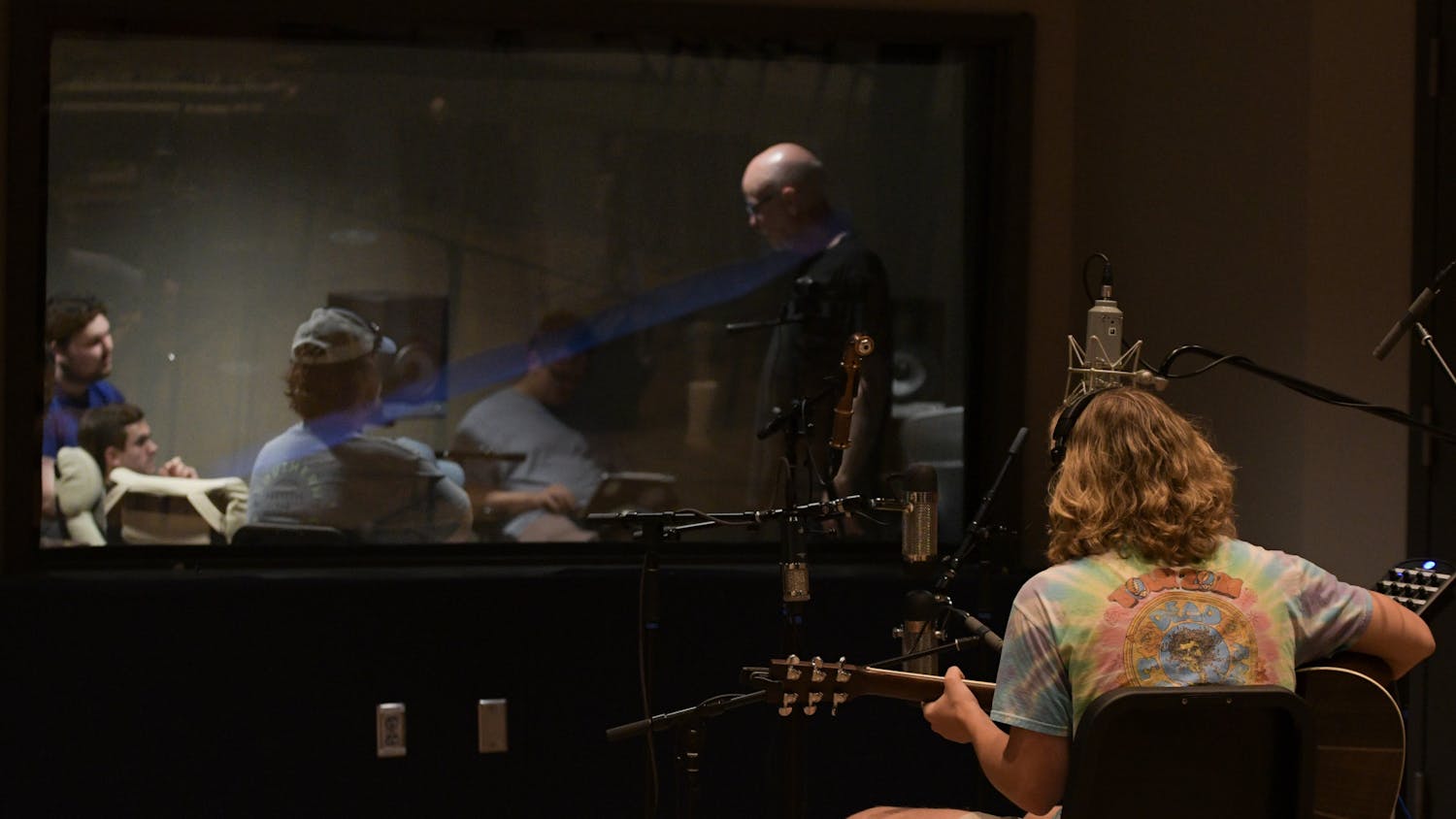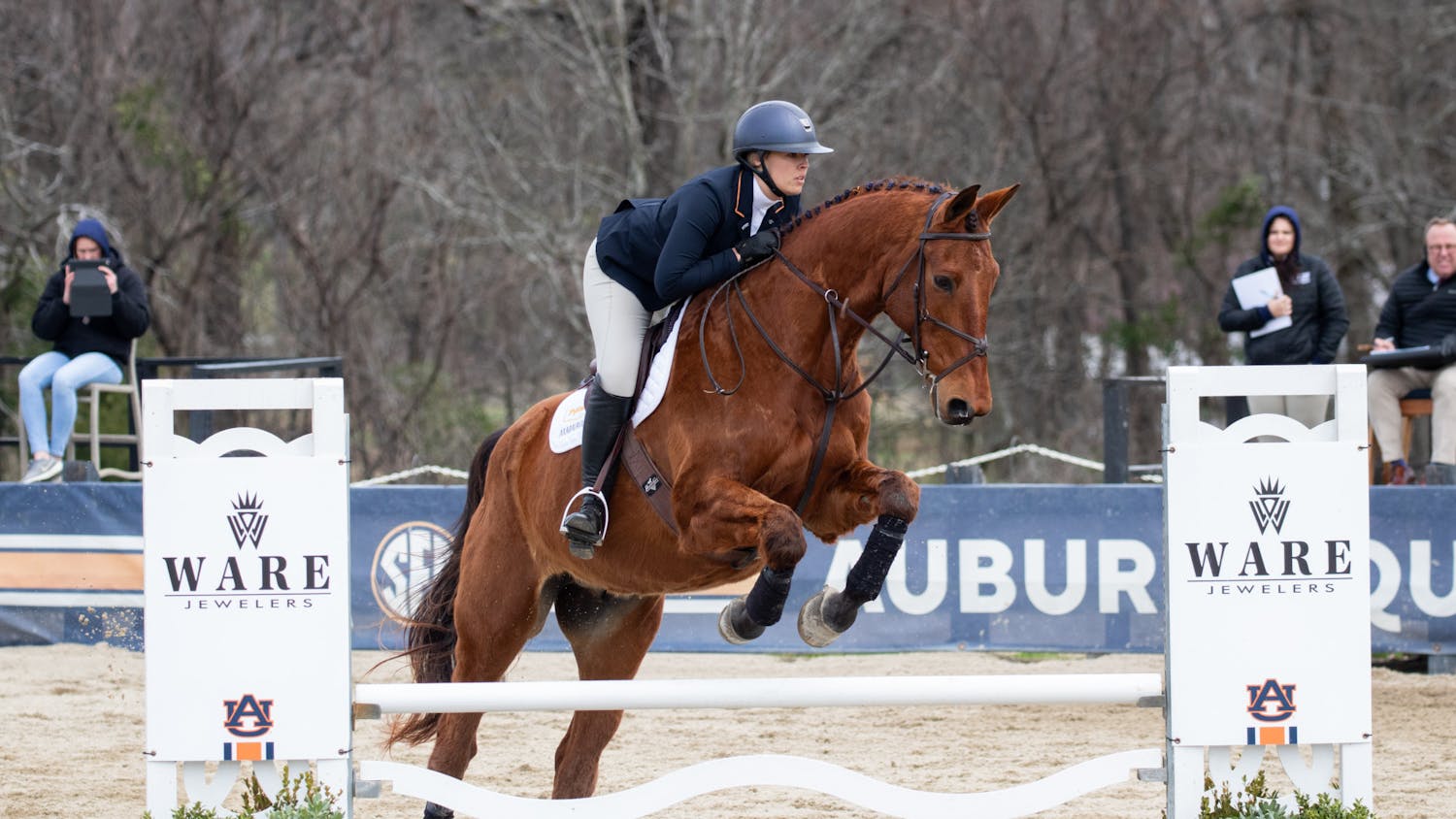Auburn makes strides toward sustainability including experimentation with growing more of their own food. The launch of Auburn’s food brand has increased awareness for the programs on campus.
Glenn Loughridge, Auburn University’s director of Tiger Dining, has been involved in the launch of this brand and Auburn’s new initiatives toward local growth.
Loughridge realized when he came to campus as a graduate that despite all of the opportunities and resources surrounding the campus, Auburn was not reaping the benefits.
“It started from the perspective of, this is what we do,” Loughridge said. “This is a pillar of our institution, we’re a land grant university. The College of Agriculture is very prestigious and has been around for quite some time so it would be good for us to point back at the contributions of Auburn and what agriculture has meant to this University.”
Auburn’s Tiger Dining and the College of Agriculture are unique in its research toward local crops and meats.
Currently, two more greenhouses are being built on Auburn property which will allow for a greater quantity of produce.
“One of the things that we really want to do is grow strawberries, and they think that they have a system so we can grow our own strawberries year round, and provide those to campus,” Loughridge said.
In addition to strawberries, romaine lettuce and jalapeños are in the works, Loughridge said.
By looking into new research and opportunities, Auburn may begin to delve deeper into aqua and hydroponics. Through this research, crops could be grown year round that are typically only seasonal.
“We’re looking at a production system,” Loughridge said. “There’s steps in a process…This is the cool part is that students are involved at every point.”
The process of converting Auburn’s system into a production of locally grown foods is embedded in students. Students can be found working on the aquaponics system, or working in the fisheries, Loughridge said.
“If you’re an Auburn student it doesn’t take long for you to become attached to and love this place,” Loughridge said. “So first and foremost you’re supporting Auburn University by purchasing some of these products, by experiencing them because your fellow students are learning on the job. That was, is, a really important piece of it.”
In addition to crops, Auburn also has a strong influence in raising cattle, beef, poultry and fish.
There is a meat lab located on campus.
There's importance in supporting auburn’s growth initiatives, Loughridge said. Through support, students receive more opportunities for research and real-world experience.
“So we can get grass fed beef from right here on campus, processed here and brought in burger, turned into hamburger, and served to students, Loughridge said. 'It’s super fresh and again, it doesn’t travel very far. That’s part of it as well, trying to create things that are experiences that you can only have here.”
The fish served in many on campus restaurants like API or the village is grown and processed on Auburn’s campus.
“Very few times in your life will you be able to have fish that’s literally processed the day of or the day before,” Loughridge said. “Most of the time you’re getting something that’s shipped in from someplace around the country.”
Even the governor recently received some Auburn processed fish, Loughridge said.
Many of these initiatives arose through the need for year-round crops. Loughridge said production will often stop in the fall months, leaving less crop and product through the winter. Through indoor and aquaponic growing, this boundary can be overcome.
“To make this planet a better place, we want to make sure that we are doing things that support our local economy, support our local communities," Loughridge said. "This research that’s being done will be then shared with farmers all over the state.”
In addition to crops and locally raised meat, there are new projects in the works students can become involved with.
Soon there will be a teaching garden on campus. This will allow for more greenhouse settings and opportunities for horticulture students.
Tours are available and new classes will be offered that will provide real-life opportunities.
In addition, Auburn is able to partner with many local businesses such as McEwen and Sons, Conecuh Sausage in Evergreen, AL, and Wickles Pickles.
“It’s a lot of fun because we clearly prize those relationships,” Loughridge said. “It’s great to be able to feel like we’re supporting the local community and getting the word out about some great product…We love having that Auburn connection again, we love giving back to alumni.”
In the future, Loughridge said there may be opportunities for extensions. The next contract will include a deal that 20 percent of purchases must be local.
“More than anything we really want to make [student’s] dining experience special,” Loughridge said.
Do you like this story? The Plainsman doesn't accept money from tuition or student fees, and we don't charge a subscription fee. But you can donate to support The Plainsman.



